Technology
BEL sees growth in turnover despite chip shortage, COVID, Ukraine war: Official
Navratna defence PSU Bharat Electronics Ltd (BEL) on Wednesday said it has registered a growth of 8.87 per cent in its turnover over the previous year, in spite of challenges due to COVID-19 pandemic, global chip shortage, geo-political situation and stiff competition.
The Bengaluru-headquartered company registered a turnover of Rs 15,044 crore in 2021-22 compared with Rs 13,818 crore the previous fiscal. While the company reported a 7.60 per cent increase in profit before tax (PBT) of Rs 3,158 crore, the profit after tax (PAT) was up by 13.73 per cent at Rs 2,349 crore compared with the previous year.
Also read: Punjab launches portal for DSR paddy sowing technique
But, exports saw a dip to USD 33.30 million as against USD 51.93 million last year; the company cited delivery issues due to the geo-political situation as a major reason for the decline. The export order book is USD 269 million, with acquired orders worth USD 179 million. Speaking to reporters here, BEL CMD Anandi Ramalingam said the company was expecting a growth of around 15 per cent in its turnover, but it could not happen due to the impact of COVID pandemic; in addition, there was a global chip shortage, and geo-political situation also added to the problems.
Stating that the growth was below expectations, BEL CFO Dinesh Kumar Batra said this year was peculiar due to factors like pandemic-induced lockdown, acute shortage of semiconductor- which is the fuel of growth for the company, and logistics being badly affected due to the Russian invasion of Ukraine. “In the time to come, these factors may remain, but not all the three together,” he said, adding that the company is growing at a compound annual growth rate (CAGR) of 10.52 per cent for the last five years.
The company’s order book stood at Rs 57,570 crore compared with Rs 53,434 crore last year, while expenditure on R&D stood at Rs 1,045 crore, up from Rs 873 crore in the previous year. On the future outlook, Batra said there is a “good future” for the company and revenues are expected to grow around 15 per cent this year (2022-23).
“Order inflow is expected to be Rs 20,000 crore this year, R&D investment should be around Rs 1,000 crore; In fact we are looking for some big projects, CAPEX we will be doing would be about Rs 750 crore. Some of our new units are nearing completion and new investments are coming. Also we want defence to non-defence business ratio to be 80:20,” he said. He pointed at non-defence diversification areas for the company such as air traffic management in civil aviation, healthcare solutions, and railway and metro projects.
Ramalingam highlighted that the company achieved a market capitalisation of Rs 60,000 crore in 2021-22, and turnover from indigenous technology is 78 per cent, and sales from the defence business is 88 per cent (defence and non-defence ratio traditionally used to be 80:20). She pointed out that some of the major orders executed during the year include: long range surface-to-missile, Akash weapon system, integrated electronic warfare suite, and coastal surveillance system.
During 2021-22, the company received many orders, significant among them include avionics package for LCA, advanced electronic warfare (EW) suite for fighter aircraft, instrumented electronic warfare range (IEWR), CDR TI-cum-daylight sights for T-90 tanks, and electronic voting machine and VVPAT. In 2021-22, the BEL spent around Rs 465 crore as part of CAPEX investment towards modernisation of plant and machinery, test instruments, R&D investments, and infrastructure up-gradation, among others.



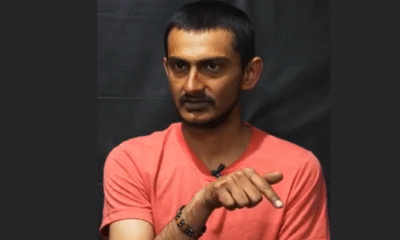

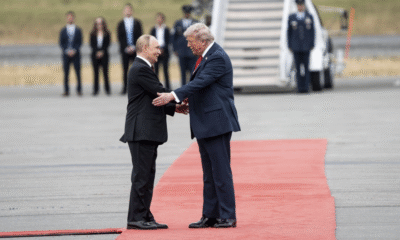
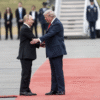








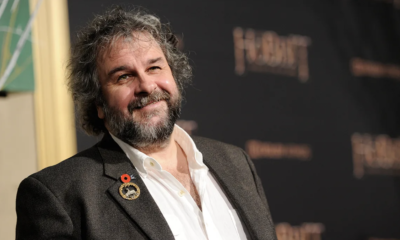










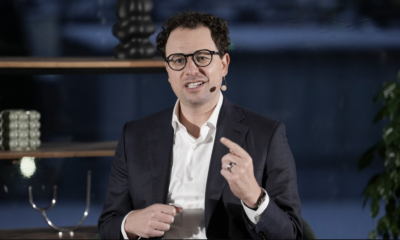















Pingback: Investing in skills of future can add USD 8.3 trillion to global economy: WEF